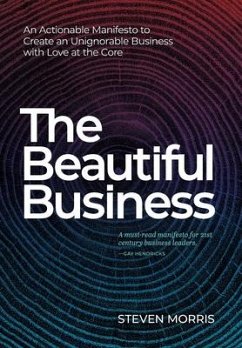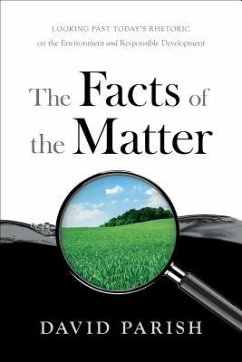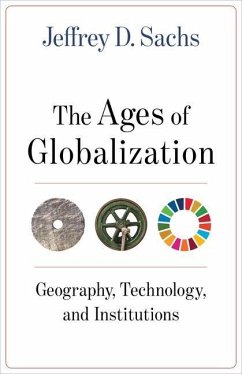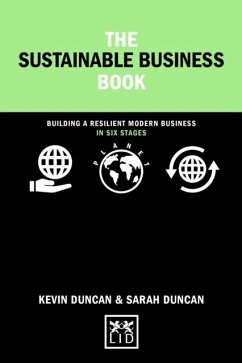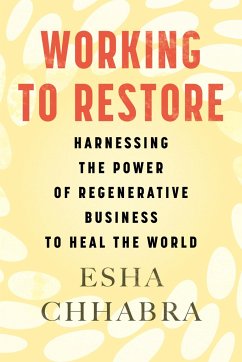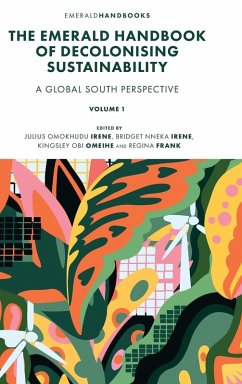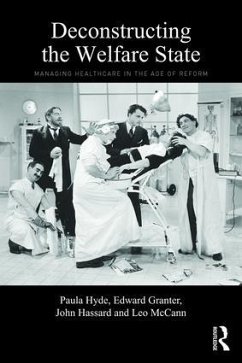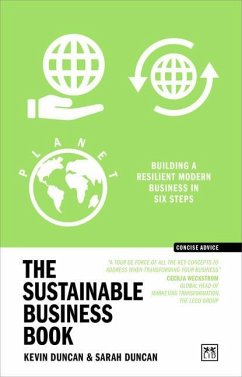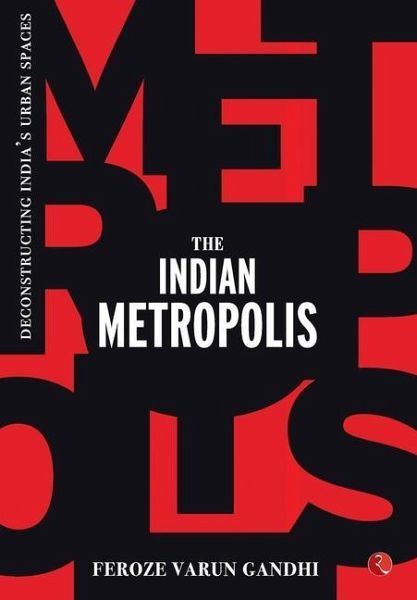
The Indian Metropolis: Deconstructing India's Urban Spaces
Versandkostenfrei!
Sofort lieferbar
49,99 €
inkl. MwSt.

PAYBACK Punkte
25 °P sammeln!
A monumental work that shows how economic vitality can go hand-in-hand with creating vibrant cities offering a haven for cultural and intellectual expression. For most urban Indians, the past few years have been unsettling-we have seen neighbourhoods locked down for months during a pandemic, increasing the daily challenges of earning a living as well as of access to good healthcare and education. Inflation has ravaged the land with spiralling prices of food, rent and transport. Our cities are hard to live in; lacking basic amenities, while being unaesthetic and discordant with our civilization...
A monumental work that shows how economic vitality can go hand-in-hand with creating vibrant cities offering a haven for cultural and intellectual expression. For most urban Indians, the past few years have been unsettling-we have seen neighbourhoods locked down for months during a pandemic, increasing the daily challenges of earning a living as well as of access to good healthcare and education. Inflation has ravaged the land with spiralling prices of food, rent and transport. Our cities are hard to live in; lacking basic amenities, while being unaesthetic and discordant with our civilization. As economic growth takes priority, questions about liveability and meaningful employment arise, along with concerns about the deteriorating law and order. In blindly and poorly aping Western models, our cities homogenize, losing their character, their identity and their soul. Meanwhile, climate change is no longer a mythical or distant possibility but a distinct and immediate reality. A typical city must now cope with extreme temperatures, both flooding and water shortages and abysmal air quality. These can no longer be treated as threats but as certainties to be planned for. The Indian Metropolis seeks to begin a national conversation on these issues and suggests ways to turn our cities into enabling, energizing environments geared towards enhancing the daily life of the average city dweller.



